Ömer Engin LÜTEM
20.05.2015
While the traces of the ceremonies commemorating the centennial of the resettlement of Armenians and other activities in this regard began to vanish, it is of capital importance to remember the ones who defended genocide claims and accused Turkey and the Turks.
German President Joachim Gauck is beyond any doubt at the top of the list of such people.
Being the son of Nazi Party member parents and being brought up in East Germany, Gauck became a Protestant pastor. Following the reunification of Germany, thanks to his anti-communism, he gained a place in politics and rose through the ranks. Despite being defeated in the 2010 presidential elections, he became the President following the resignation of the elected President Christian Wulff over corruption allegations.
Following his election as President, Gauck drew attention for his aggressive attitude and his harsh criticisms against foreign countries. For instance, in order to protest human rights violations in Russia, he did not attend the 2014 Sochi Olympics.
The same year, in a speech he gave in the Middle East Technical University during his visit to Turkey, he accused the Justice and Development Party government for violating fundamental rights and freedoms and for endangering democracy in the country. It is against diplomatic practices to openly criticize the government of the visited country during official visits. Furthermore, the fact that it was done to influence the presidential elections to be held in a short time is an interference in internal affairs. As a matter of fact, Prime Minister Erdogan criticized Gauck for his attitude of giving advices and lessons saying “it looks like he still sees himself as a pastor” and stated that they will not let anyone to interfere into Turkey’s internal politics.
Germany holds a significant place in the Battles of Gallipoli for being the primary ally of the Ottoman Empire. Despite being invited, Gauck did not attend the ceremonies on the occasion of the centennial of the battles. On the other hand, he attended a mass commemorating “the genocide of Armenians, Assyrians and Pontic Greeks” held at the Berlin Cathedral and gave a speech longer than the speech by President Sargsyan in Yerevan. In his speech, Gauck openly accused the Ottoman government for committing genocide against Armenians and other minorities. Although indicating that the grandchildren (today’s Turks) of the perpetrators of the crime cannot be blamed for the crime, Gauck said that this historical fact should be recognized and only then will it be possible to come to terms with the guilt and he claimed that it is a responsibility to attend these commemorative ceremonies.
In a statement issued following Gauck’s speech, the Turkish Foreign Ministry stated that President Gauck has not the right to attribute on the Turkish people a crime which they have not committed and it is astonishing that Gauck disregarded the opinions of hundreds of thousands of Turkish-German citizens. The Ministry also added that it is not possible to remain silent against initiatives aimed at defaming the Turkish history and identity and the Turkish nation will not forget or forgive Gauck’s statements.
Gauck’s speech shows that he does not have clear knowledge on the 1915 events. It also shows that he is unfamiliar with certain rules of international law. There is only one text that the signees should comply with: the 1948 Convention on the Prevention and Punishment of the Crime of Genocide. According to article 6 of the convention, a competent tribunal of the State in the territory of which the act was committed or an international penal tribunal can decide whether an act amounts to genocide. Gauck, who said that the 1915 events was a genocide, behaved as if he was the court.
Politically, by taking sides on an issue that does not directly concern his country, Gauck created a new problem between Germany and Turkey. His attitude consolidated the anti-German sentiment that has become more apparent in recent years arising from Germany’s prevention of Turkey’s membership to the EU and the discrimination against Turks in Germany on various areas. In brief, Gauck’s behavior damaged relations between Turkey and Germany.
Gauck’s presidency in the future could further this damage. We wish that he will not be elected as President for a second term and relieve both countries from this unnecessary burden.
© 2009-2025 Center for Eurasian Studies (AVİM) All Rights Reserved
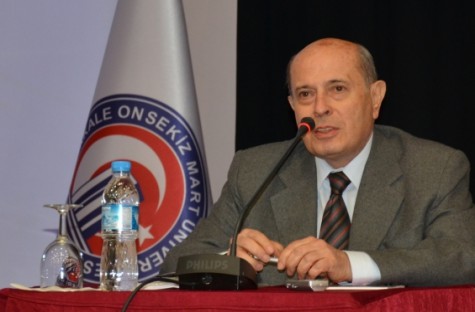
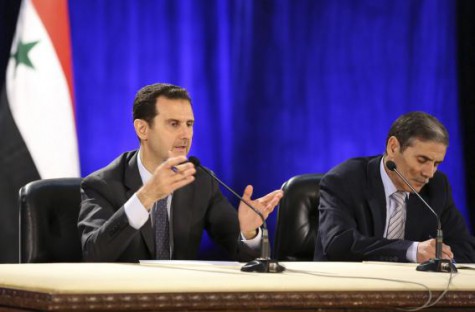 SYRIA'S ASSAD SAYS WAR TURNING IN HIS FAVOR
SYRIA'S ASSAD SAYS WAR TURNING IN HIS FAVOR
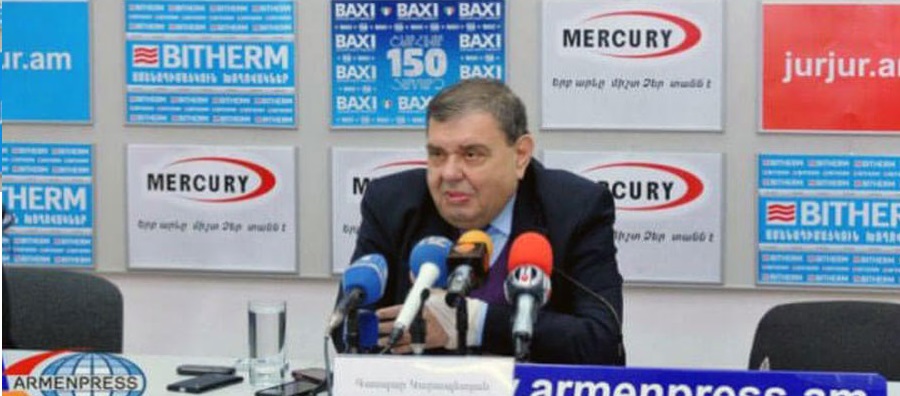 BELGIAN MPS DEFENDING KASPAR KARAMPETIAN
BELGIAN MPS DEFENDING KASPAR KARAMPETIAN
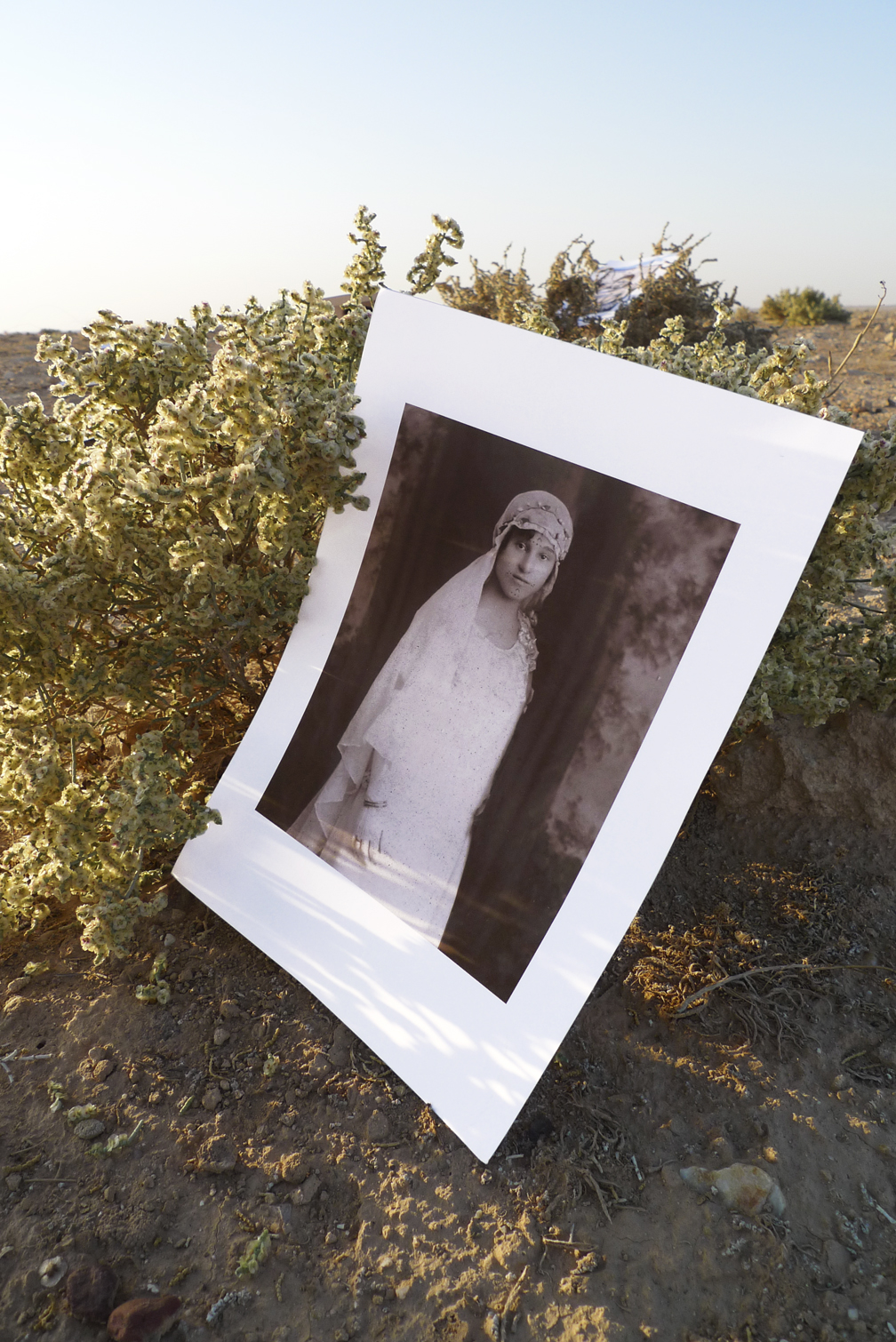 GRANDMA'S TATTOOS: ANOTHER FALSIFICATION
GRANDMA'S TATTOOS: ANOTHER FALSIFICATION
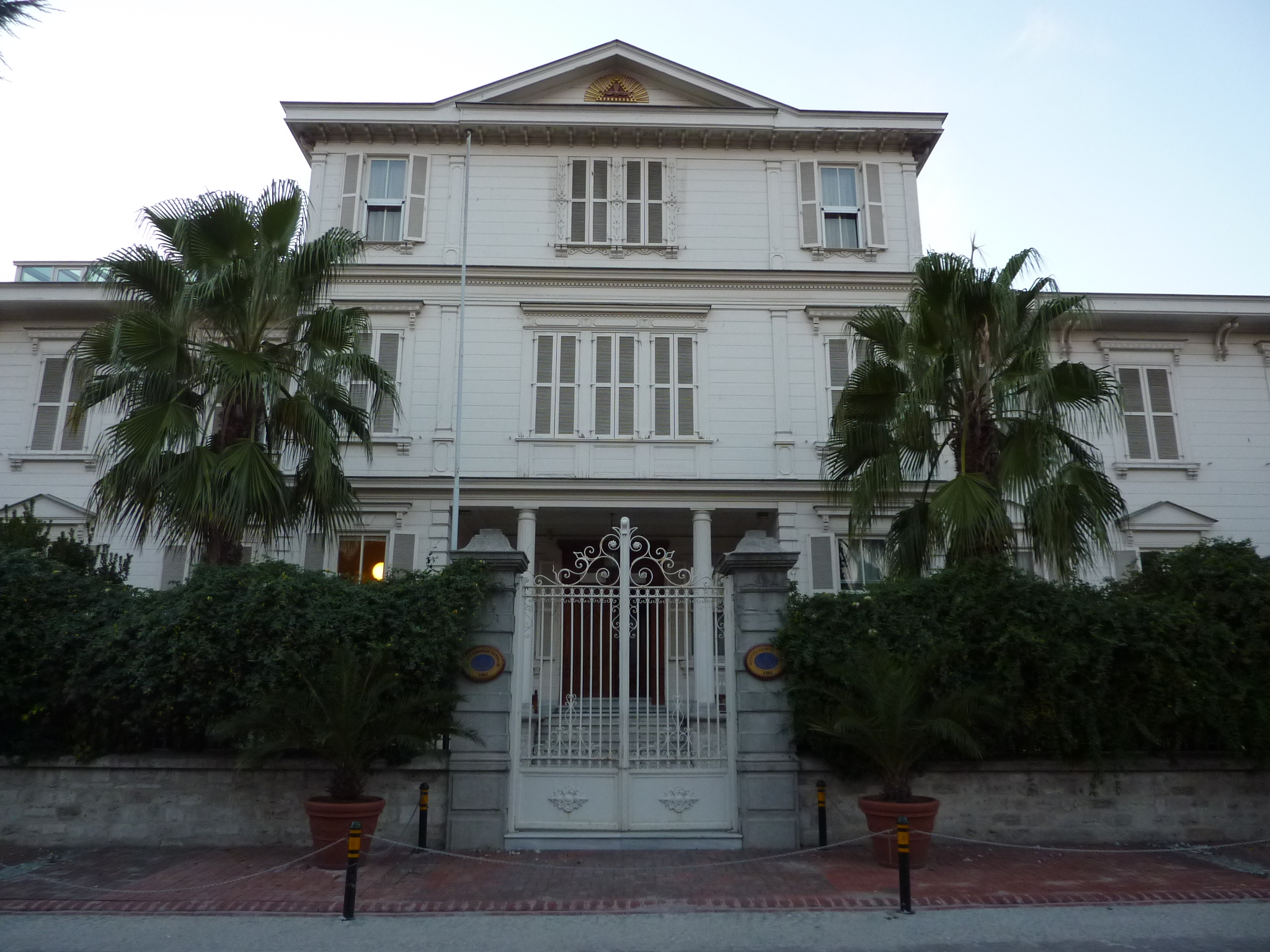 THE ARMENIAN PATRIARCHATE OF ISTANBUL HAVE MADE THE CORRECT OBSERVATIONS WITH REGARD TO THE ARMENIAN ISSUE
THE ARMENIAN PATRIARCHATE OF ISTANBUL HAVE MADE THE CORRECT OBSERVATIONS WITH REGARD TO THE ARMENIAN ISSUE




























